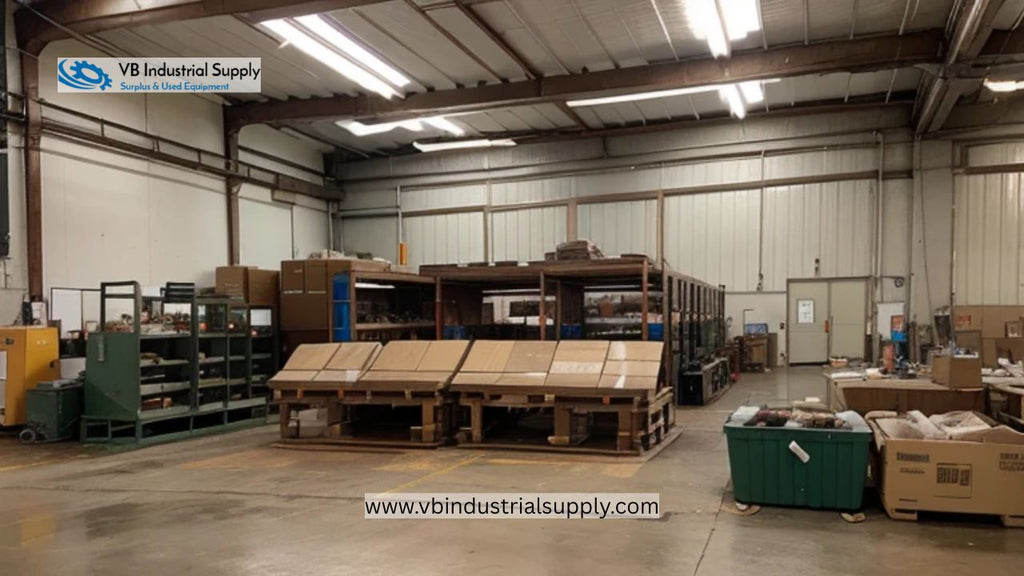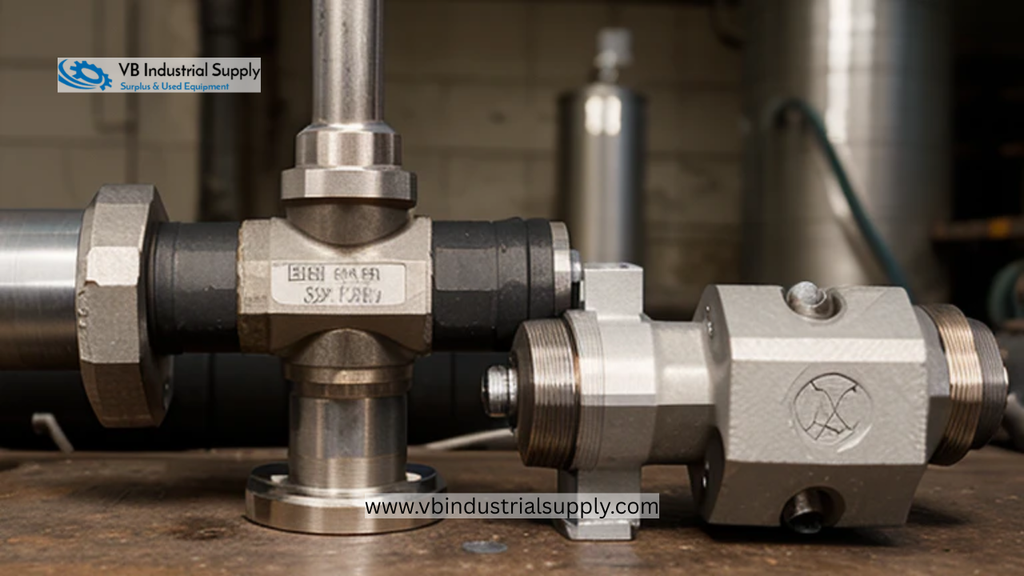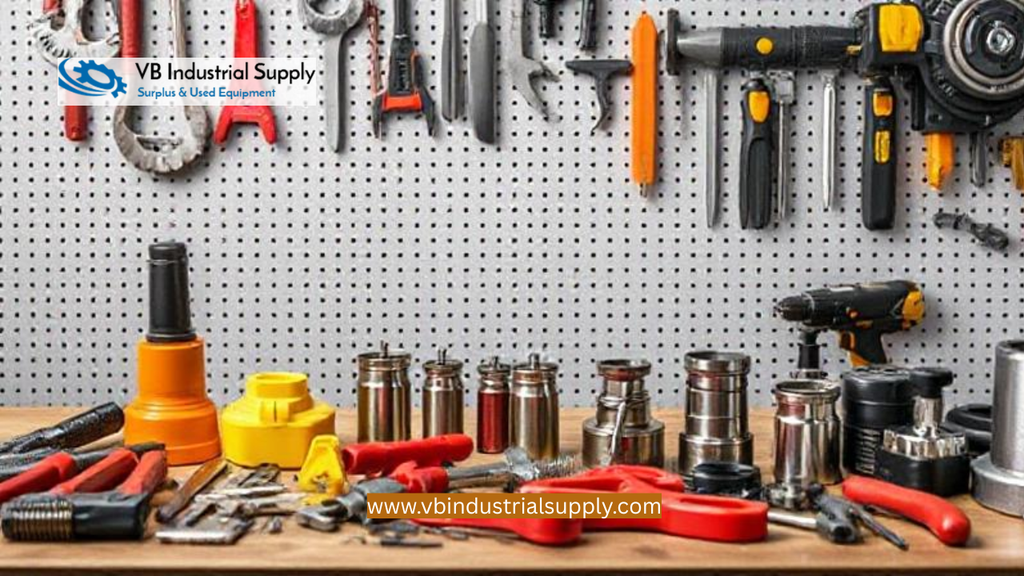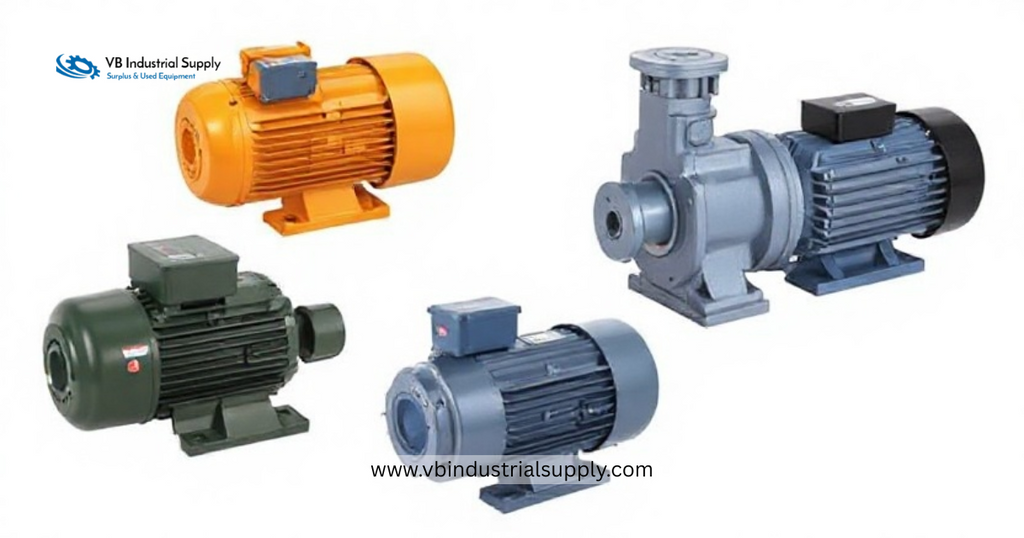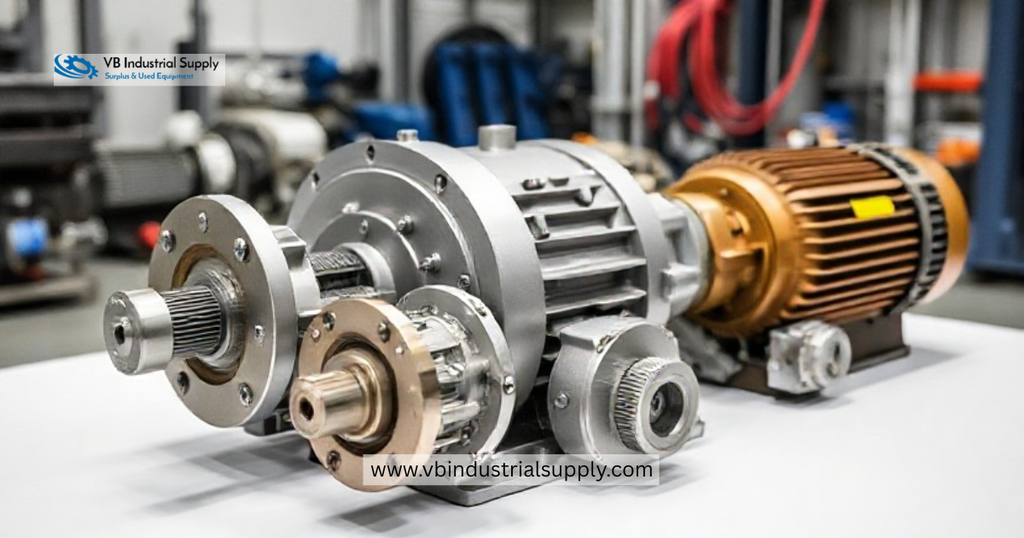How Recycling Surplus Industrial Parts Helps Businesses Save Money and Go Green?
- News
Industrial plants work quickly. Equipment updates, process modifications, and unplanned shutdowns tend to leave companies with piles of excess industrial supply they no longer need.
Historically, most of that material sits in warehouses collecting dust or worse—bound for the landfill. However, there's a better move: industrial waste recycling.
This isn't solely about going green. Recycling and reusing excess parts have direct bottom-line implications. Let's dissect why this is important and how companies can take advantage.
The Real Cost of Unused Inventory
Keeping old equipment and spare parts around appears to be innocuous, but silently, the costs add up. Every warehouse space in square feet is expensive. Factor in labor to move it around, and the potential for depreciation, and those idle assets begin costing a lot.
Inventory liquidation companies are there for a purpose. They allow businesses to dispose of excess inventory quickly and salvage some of the value before it's gone for good. Put another way, unused parts are like locked-up cash. The faster you recycle or resell, the faster you unlock funds for what your company really requires.
Why Industrial Waste Recycling Makes Sense?
Here’s the thing—throwing away surplus parts is wasteful on multiple levels. Financially, you lose potential resale value. Environmentally, you add to the growing problem of industrial waste. Recycling solves both issues.
Industrial waste recycling solutions enable companies to reclaim metals, electronics, and other products rather than disposing of them. Metals are melted and reused. Some parts are refurbished for resale. Even scrap material is worth something when it's processed properly.
The result? Less landfill waste, fewer raw materials needed, and cost savings for your business.
The Role of Industrial Equipment Suppliers in Recycling
You wouldn't necessarily associate industrial equipment suppliers with recycling's big players, but they usually are. Most suppliers purchase excess items from companies, refurbish what can be salvaged, and resell them to other companies that require them. It's a whole circle where equipment remains in service rather than idle.
This process is a win-win for all concerned. Sellers salvage money from old equipment, buyers receive cheap components, and the planet incurs fewer wastes. It's an efficient loop that more companies are accessing.
How Surplus Industrial Supply Becomes an Opportunity?
Surplus does not always equal inefficiency. Occasionally, you have spare parts as a result of over-ordering, cancelled projects, or upgrading. The error is not surplus—it is not using it.
Businesses that move quickly are able to convert excess into profit or credit towards future buys. Inventory liquidation companies do this as a speciality.
They determine what's salable, locate industrial equipment buyers, and get the inventory out quickly. That leaves you avoiding the headache and realizing value from what you've already spent.
It's like getting your warehouse cleaned out and converting it to cash flow.
Going Green Without Compromising Profit
Several companies sense the urge to go greener, but are concerned about increasing expenses. Recycling industrial waste turns that argument on its head. It's one of the only green practices that can make you money rather than take it from you.
Each time you recycle an item of business plant as opposed to scrapping it, you're saving on new manufacturing. That equals much less raw fabric to mine, much less electricity fed on, and a decrease in carbon emissions. Meanwhile, you are saving on storage charges and generally getting cash on resale.
That's what sustainability in action looks like when it benefits business and the environment.
How to Get Started?
If your business has a stockpile of unused parts, don't let them rust out. Begin here:
-
Audit your inventory – Determine surplus and obsolete items.
-
Work with specialists – Seek out industrial waste recycling options or inventory liquidation services that are familiar with your sector.
-
Consider resale opportunities – Numerous industrial equipment vendors will purchase quality items back.
- Recycle responsibly – For items beyond repair, work with certified recyclers to ensure proper handling.
Conclusion
Small steps like these can make a big difference. You’ll clear space, recover value, and meet sustainability goals without sacrificing profit. Ready to recycle your excess industrial parts and increase your bottom line? Call VB Industrial Supply today to discuss our industrial waste recycling solutions and find out how simple it is to convert excess inventory into tangible savings.


